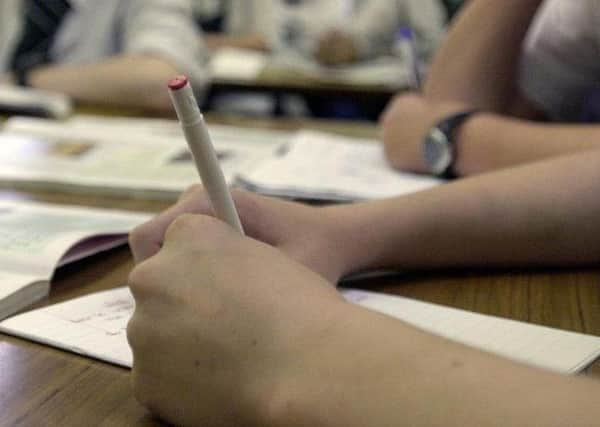Education at home in Leeds more than doubles


More than 200 children were educated at home in the 2016/2017 academic year, raising fears from Ofsted that some vulnerable children may be slipping through the net.
It represents a 153 per cent rise in Elective Home Education (EHE) since 2012, when just 202 pupils were classified as home taught. )And as of October 2017, school census figures show that there are currently 460 children in home education in the city.
Advertisement
Hide AdAdvertisement
Hide AdThe figures are based on data provided by Leeds City Council, with reasons behind the trend listed as including personal choice, dissatisfaction of the school system and teaching, bullying and increasingly learner mental health and a need to support mental well-being. Not being offered the preferred school is also listed.
Anil Sarna, founder of Hebden Bridge School, which offers support to home schooled children in the region, said: “We have a one-day school experience and also offer modules, where students can pick and choose what they want to study.
“We are very flexible and this appeals to home educated pupils who don’t want to be at school five-days-a-week, but they want to have learning experiences with other children in a more structured way.
“Our home educated children all love learning. They are really engaged with everything we do.
“Our experience has been extremely positive.”
Advertisement
Hide AdAdvertisement
Hide AdFigures provided by 15 local education authorities across Yorkshire show that nearly 4,500 children were educated at home in the 2016/2017 academic year.
It represents a 101 per cent rise since 2012, when 2,225 pupils were classified as home schooled.
In some areas, including Calderdale and Barnsley, the number of home taught pupils has more than tripled.
The region’s highest number of home schooled children is in Bradford, with the city recording 666 pupils as being educated at home in 2016/17 compared to 269 in 2012/2013.
Advertisement
Hide AdAdvertisement
Hide AdIn its response to the data request, Bradford Council wrote: “In England, education is compulsory, but school is not. Any parent can home educate their child at any stage during the child’s compulsory schooling.”
Nationally it is estimated that 45,500 children and young people were being educated at home on school census day, October 5, 2017. This is roughly equivalent to the population of 49 average-sized secondary schools.
Ofsted’s national director for social care, Eleanor Schooling, warned last week that vulnerable children in society can become invisible to professionals and agencies under the guise of elective home education.
Cathy Kirby, Ofsted director for the North East and Yorkshire, told the Yorkshire Evening Post: “The Government sets the policy on home education.
Advertisement
Hide AdAdvertisement
Hide Ad“Ofsted respects the rights of parents to educate their children at home. And for most children and families, home education is a positive option.
“But we know that for some children, being educated at home can add to their vulnerability. Ofsted recognises that the challenge for local authorities in meeting their safeguarding responsibilities to these children.
“We also know that there are links for some children between home education and unregistered schools.”
Leeds City Council’s policy on elective home education (EHE) states: “Parents do not need to seek permission from Children’s Services to educate their children themselves but, if the child currently attends a school, they must inform the school in writing. The school will then take the child off the school roll and have no further responsibility for their education.”